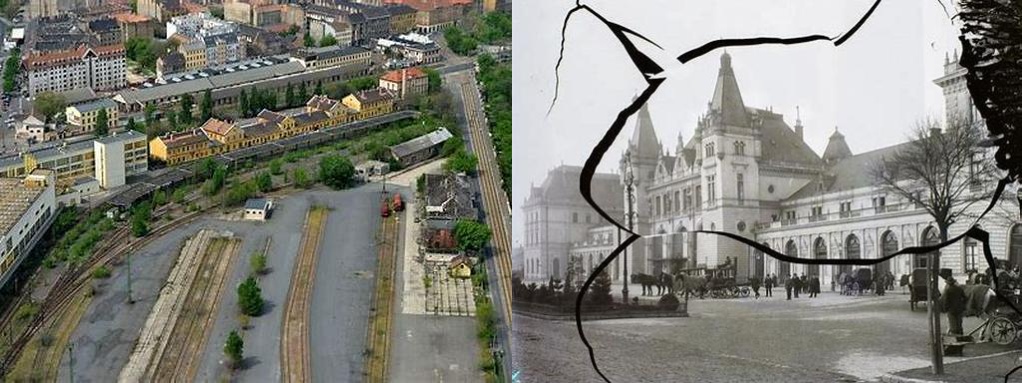
Józsefvárosi pályaudvar isn’t the first railway station to come up in conversation when you think of Budapest. That’s exactly why wandering its now-quiet platforms and aged concourses feels like you’ve stumbled into a secret chapter of the city’s story. While visitors flock to monumental hubs like Keleti and Nyugati, this old station in the heart of the Józsefváros district keeps its intrigue away from the crowds, each stone echoing the heavy movement of Hungary’s past travelers. Now decommissioned, Józsefvárosi pályaudvar invites the curious, the reflective and those with a taste for urban layers that collect where history patiently waits.
First opened in 1867—the same remarkable year that marked the Austro-Hungarian Compromise—the station was designed like a gateway for a newly unified Budapest, when the city was experiencing a wave of innovation and ambition. Its architect, Ferenc Pfaff, had big, practical ideas, believing in functional beauty long before the term was fashionable. Back then, the area surrounding the station buzzed with porters, travelers, the clang of iron wheels, and steam rising into the city air. For over a century, the station’s platforms were witness to Hungary’s moments of glory, sorrow, and transformation. Think about it: families parted here, students set off for new lives, migrants arrived, and soldiers caught glimpses of home in the thick of the 20th century’s unrest. Walking the grounds today, you can almost sense the residue of these personal stories in the masonry.
While it ceased long-distance passenger service in 2005, making way for urban renewal and modern transport networks, Józsefvárosi pályaudvar stands as a living palimpsest. What remains isn’t a sterilized relic—it wears the marks of time openly: weathered brickwork, a grand yet faded iron-and-glass train shed, and sturdy arches that frame shafts of light across cracked concrete. With each step, you get the dual thrill of discovery and reflection. Street artists, skaters, and urban explorers now frequent the site, drawn to its post-industrial, mysterious silence. The area itself reveals a bricolage of contemporary Budapest. Turn one corner and you’ll see local markets spring up; turn another and an impromptu photo shoot might be happening against the station’s atmospheric backdrop. The tracks out back may be silent, but creativity still hums in the air.
Venturing beyond the station is equally rewarding. Józsefváros is one of Budapest’s most characterful districts, defying expectations with its mix of classical tenement houses, gritty urban spaces, and pockets of cutting-edge art and café culture. Don’t be surprised if you wander into a gallery opening or drift past a new mural that seems to have appeared overnight. All the while, the station squats at the district’s edge, half monolith, half memory—never quite letting you forget Budapest’s long love affair with movement and transformation.
A visit to Józsefvárosi pályaudvar is, at its core, an imaginative act. You are not just seeing an old railway station, but engaging with the material traces of generations who passed through, set out, waited, and returned. Its enduring magnetism comes from this tension between presence and absence, between silent walls and noisy memories. Whether you’re a railway enthusiast, a photographer, a history buff, or someone hunting for places overlooked by the guidebooks, let this quietly dignified terminal draw you in. Stand on its platform, listen for distant echoes, and let your mind wander between the flickering ghosts of a once-busy frontier and the possibilities of what these spaces still might become.





